U.K. to Recognize Palestinian State in September if Israel Fails to Meet Conditions, Says PM Starmer
The U.K. will recognize a Palestinian state in September unless Israel meets conditions including a Gaza ceasefire, renewed U.N. aid access, and a commitment to peace, Prime Minister Keir Starmer announced.
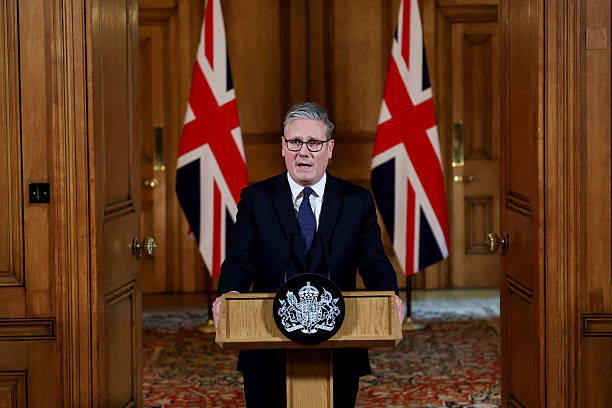 PM Keir Starmer Says UK Will Recognise Palestinian State At UNGA Unless Israel Meets Conditions
PM Keir Starmer Says UK Will Recognise Palestinian State At UNGA Unless Israel Meets ConditionsBritish Prime Minister Keir Starmer announced Tuesday that the United Kingdom will formally recognize a Palestinian state in September unless Israel agrees to a ceasefire in Gaza, allows U.N. humanitarian aid, and takes other steps toward a sustainable peace.
Starmer’s statement came amid increasing domestic pressure over the Gaza conflict, with disturbing images of hunger and devastation fueling public outrage in Britain. He convened a rare summertime Cabinet meeting to address the crisis, following a conversation with U.S. President Donald Trump in Scotland on Monday.

Trump, when asked by reporters, said he had no objection to Starmer “taking a position” on Palestinian statehood. However, during his return flight to the U.S. on Tuesday, he clarified, “We have no view on that,” and said the two leaders did not discuss U.K. recognition of Palestine.
Starmer declared that the U.K. would recognize Palestine at the United Nations General Assembly unless Israel makes substantive changes, including agreeing to a ceasefire, halting annexations in the West Bank, and allowing U.N. agencies to resume aid deliveries. “And this includes allowing the U.N. to restart the supply of aid, and making clear there will be no annexations in the West Bank,” he stated.
Recognition, according to Starmer, is not contingent solely on negotiations but on Israel's immediate actions. He emphasized the U.K. would assess progress on these steps in September before making a final decision. “The very idea of a two-state solution is reducing and feels further away today than it has for many years,” Starmer said. Despite the preconditions, he reiterated that “statehood is the inalienable right of the Palestinian people.”
Starmer also demanded that Hamas release all hostages, agree to a ceasefire, disarm, and “accept that they will play no part in the government of Gaza.”
Israel’s foreign ministry rejected the U.K.'s statement, saying the timing — following France’s similar announcement — was driven by internal political pressure and constituted “a reward for Hamas.” The ministry added that the move harmed efforts to achieve a ceasefire and secure the release of hostages.
Starmer’s declaration follows French President Emmanuel Macron’s recent announcement that France would recognize a Palestinian state in September, making it the first G7 and largest European country to do so. France welcomed the U.K.’s position, with French Foreign Minister Jean-Noel Barrot posting on X, “The United Kingdom is joining the momentum created by France for the recognition of the state of Palestine.”
More than 140 countries currently recognize a Palestinian state, including over a dozen in Europe. The U.K.'s recognition, like France’s, would be largely symbolic but adds to mounting diplomatic pressure on Israel.
Domestically, more than 250 of the 650 members of the House of Commons have signed a letter urging the government to recognize Palestinian statehood. Britain’s historic role in the region adds further weight, as it once governed the territory of Palestine and issued the 1917 Balfour Declaration, which supported the establishment of a Jewish homeland.
Foreign Secretary David Lammy acknowledged Britain’s “special burden of responsibility” at a U.N. meeting in New York. “Our support for Israel, its right to exist, and the security of its people, is steadfast,” he said. “However, the Balfour Declaration came with the solemn promise that nothing shall be done, nothing which may prejudice the civil and religious rights of the Palestinian people as well. And colleagues, this has not been upheld, and it is a historical injustice which continues to unfold.”
Omar Awadallah, assistant to the Palestinian Authority’s foreign minister, welcomed Starmer’s announcement and called it a step toward correcting a “historic injustice.” The Palestinian Authority currently has limited autonomy in parts of the occupied West Bank.
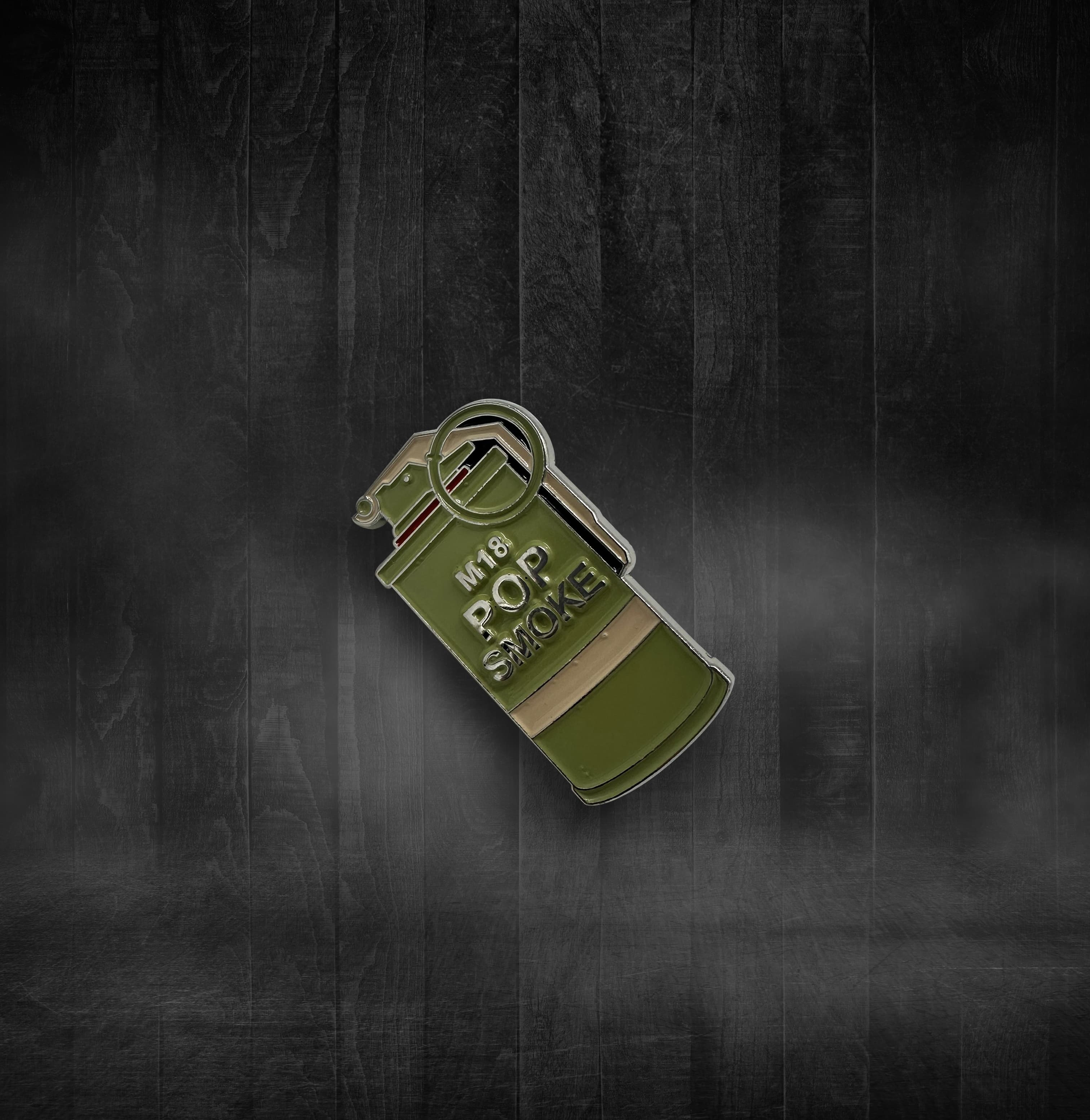











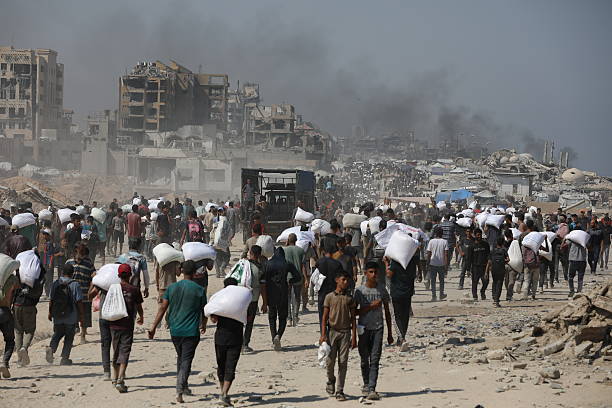
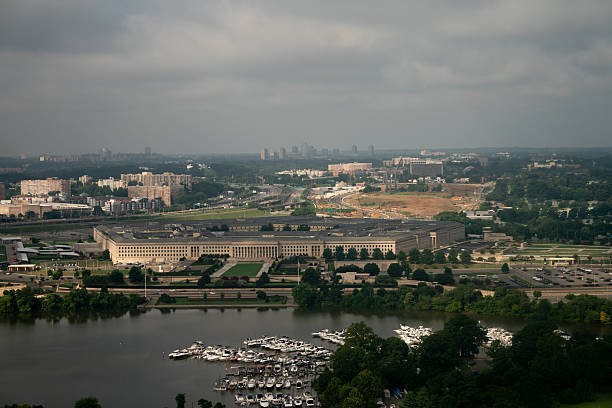

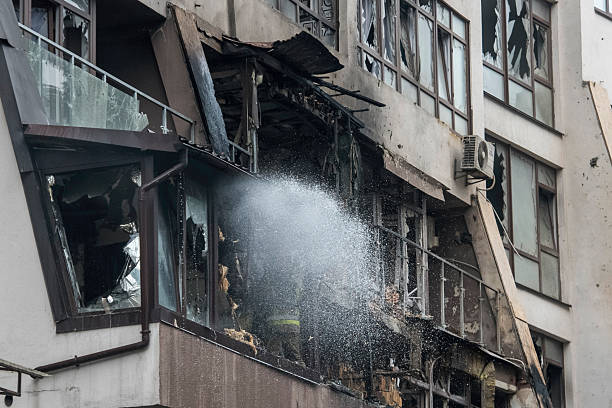
Conversation